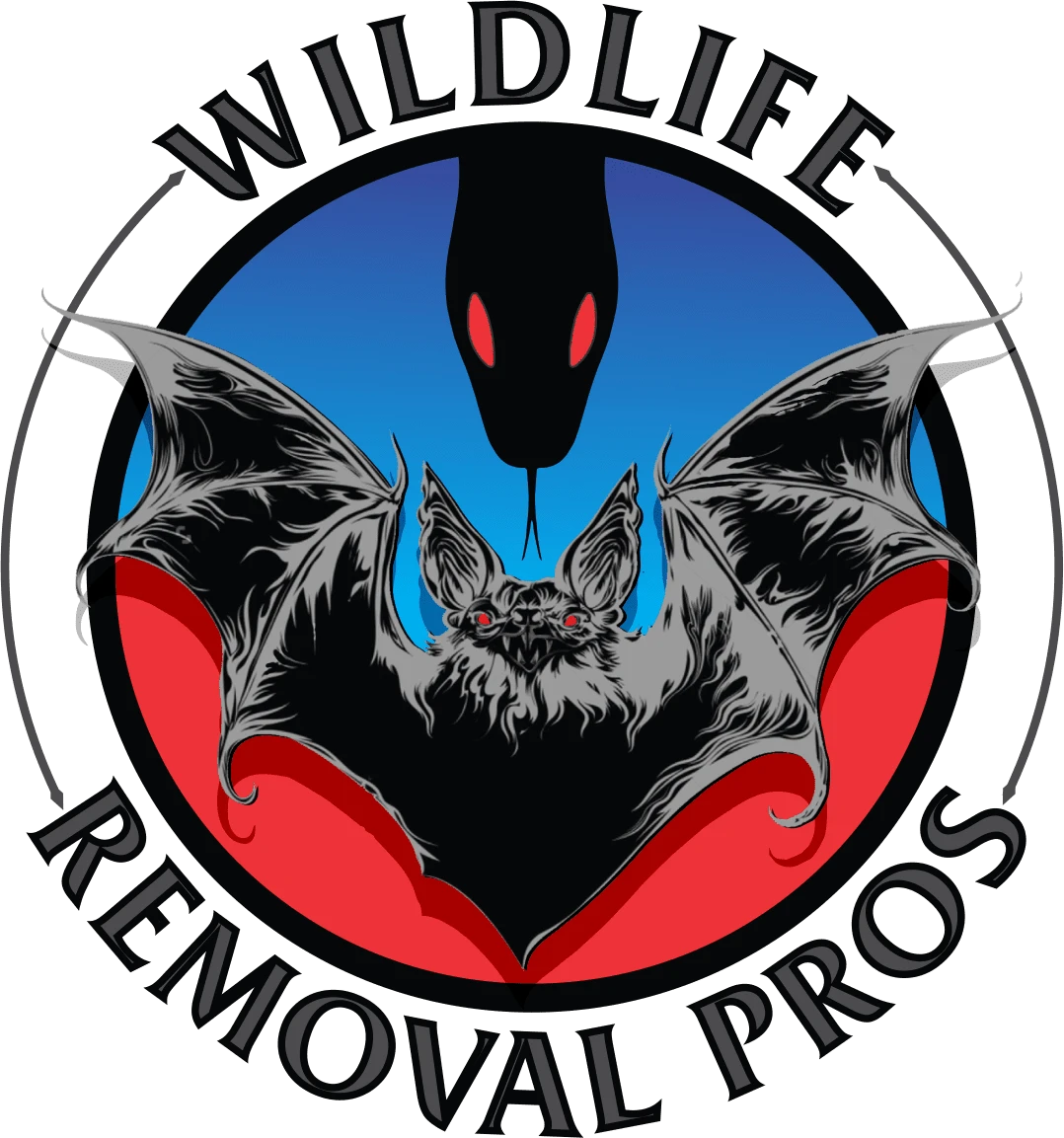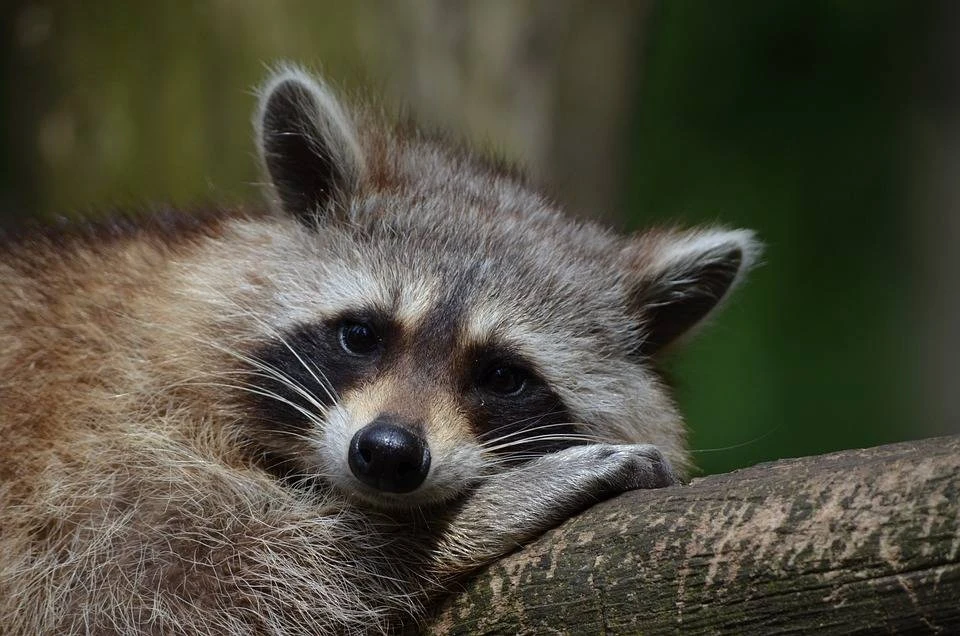Raccoons and Rabies: What Lexington Kentucky Residents Should Know
The Threat of Rabies
Rabies is a viral disease that affects the central nervous system of mammals. It is typically transmitted through the bite of an infected animal, such as raccoons. Lexington, Kentucky, known for its rich wildlife, is no exception to the presence of raccoons. As a wildlife control professional, it is important to inform the residents of Lexington about the potential dangers of raccoon encounters and the risk of rabies transmission.
Raccoons as Rabies Carriers
Raccoons are one of the most common carriers of rabies in North America. They can easily become infected with the virus and are known to exhibit aggressive behavior when infected. While not all raccoons have rabies, it is crucial to exercise caution around any raccoon encountered in Lexington.
Identifying Rabid Raccoons
Identifying a rabid raccoon can be challenging, as symptoms may vary. However, there are some signs to look out for. Rabid raccoons may display abnormal behavior, such as aggression, unsteady movements, disorientation, and excessive drooling. Additionally, they may make unusual sounds or have a foaming mouth. If you notice any of these signs in a raccoon, it is important to keep a safe distance and contact professional wildlife control services in Lexington, Kentucky.
The Dangers of Rabies Transmission
Rabies is a deadly disease that can be transmitted to humans and other animals through the saliva of an infected animal, typically through a bite. If a rabid raccoon were to bite a person or their pets, it could lead to a potentially life-threatening situation. Therefore, it is crucial to avoid any contact with raccoons and protect yourself and your pets from potential exposure to rabies.
Preventing Raccoon Encounters
To minimize the risk of encountering raccoons, it is important to take preventive measures. Secure your garbage cans with tight-fitting lids to prevent raccoons from accessing food sources. Seal any openings or gaps in your home, such as chimneys or attic vents, that could serve as entry points for raccoons. Additionally, avoid leaving pet food or water outside, as it may attract raccoons and other wildlife.
What to Do if You Encounter a Raccoon
If you come across a raccoon in Lexington, it is important to remember that they are wild animals and should not be approached. Maintain a safe distance and do not attempt to feed or touch them. If you suspect a raccoon may be rabid or behaving aggressively, contact professional wildlife control services immediately. They have the expertise and equipment to safely handle raccoon removal and reduce the risk of rabies transmission.
Professional Wildlife Control Services
When it comes to dealing with raccoons and potential rabies threats in Lexington, Kentucky, it is best to rely on the expertise of professional wildlife control services. These professionals are trained to handle raccoon encounters safely and effectively. They can assess the situation, implement necessary measures to remove raccoons from your property, and provide guidance on preventing future raccoon infestations.
Protecting Your Loved Ones
The safety and well-being of your loved ones, including your pets, should be a top priority. By staying informed about the dangers of raccoons and rabies, you can take proactive steps to protect yourself and your family. Remember, if you suspect a raccoon may be rabid or encounter any wildlife issue in Lexington, Kentucky, contact professional wildlife control services immediately.
If you require professional assistance with raccoon removal or have any concerns about wildlife control, do not hesitate to reach out to our skilled team at [Company Name]. We are dedicated to providing reliable and effective wildlife control services to the residents of Lexington, Kentucky, ensuring the safety and peace of mind of our community.

